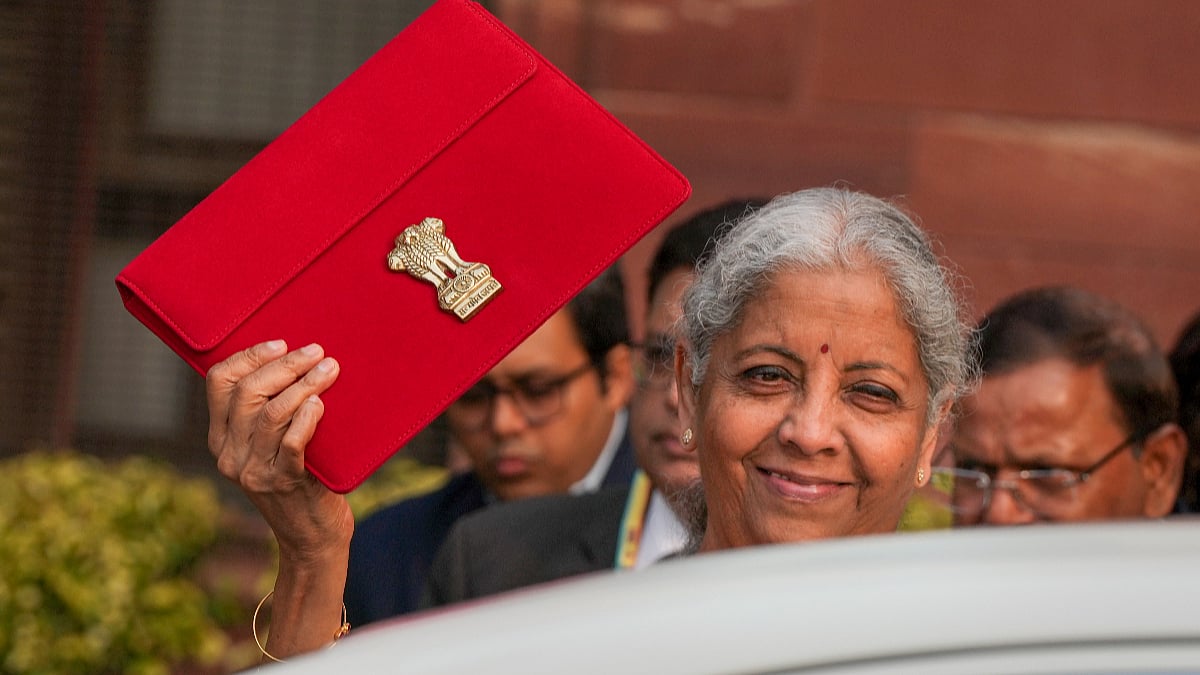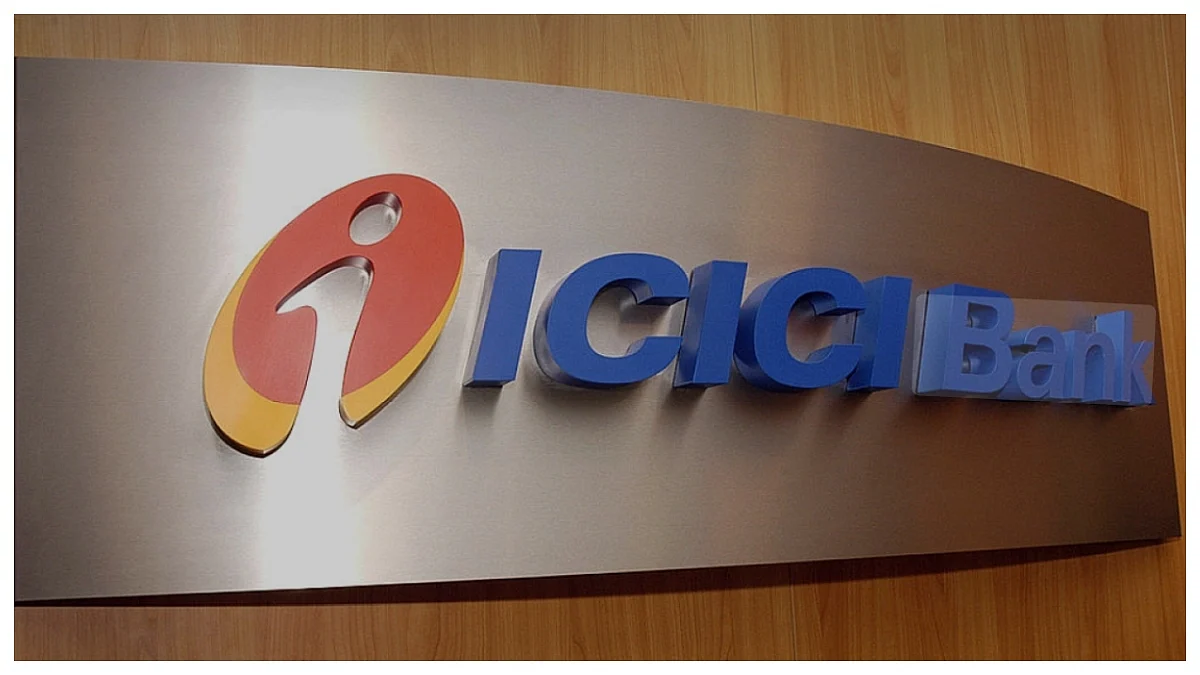As the nation today (August 15, 2024) celebrates its 78 years of Independence from the British rule, let's make a travel to know the value of Rs 10 then and now; and what they offered to understand the nation's economic journey.
The value of Rs 10, what could once fill a bag with essential items in 1947 has now been reduced to a fraction of today's grocery baskets. Although, this is just a comparison, but the changes not just reflect inflation at one stance but also the economic progress, shifting lifestyle needs and much more.
1947: A Valuable Sum in a New Nation
In the year 1947, the value of Rs 10 to an individual was a huge amount, capable of purchasing the daily necessity for an entire family. For example, back then, this sum could by atleast 5 kg of rice, 3 kg of wheat, 2 kg of pulses, a few kilograms of vegetables or a bottle of cooking oil, that is approx Rs 2-3 for each item or so.

1947: A Valuable Sum in a New Nation | Representative Image/Canva
The country was newly independent and poverty at its peak, and the value of money was strong, a time when goods were produced locally with minimal global trade influence.
2024: Rs 10 as a Mere Token
Let's fast forward it to 2024, and the same Rs 10 barely holds the same significance. With skyrocketing inflation and economy driven globalisation effects, technology advancement and urbanisation, this amount which then covered the whole daily necessity now covers only a small fraction of a single item such a half a bunch of coriander leaves, packet of chewing gum or single piece of fruit, if you’re lucky.
Although a luxury or not a necessity, if you’re craving a smoke? Well, you’ll have to dig a little deeper into your pocket, as a single full cigarette now costs Rs 15-20 as now the Rs 10 won't even light up your day.
To add to the irony, the Rs 10 note - once considered a huge amount - now even comes as a coin, a perfect metaphor for how its value has shrunk over time.

The Rs 10 coin |
Apart, the most basic daily grocery items have seen prices surge exponentially. For example, as per the average rate, the current price of some daily essentials are as Arhar Dal (Rs 191 per kg); Moong Washed (131 per kg); Tomatoes (Rs 92 per kg); Potatoes (50 per kg); Onions (Rs 50 per kg) and even small onions priced higher at Rs 160.

2024: Rs 10 as a Mere Token | Image: Wikipedia (Representative)
These are just some example of how the purchasing power of Rs 10 has eroded dramatically.
Some may argue that the erosion of Rs 10’s value represents India’s economic growth, as incomes have risen significantly since 1947 as rationing was common, and daily needs were simple back then.

But this growth has come with challenges - income inequality, inflation, and fluctuating commodity prices that directly impact the common person’s budget.
For instance, while rural areas may still see Rs 10 stretched to buy small essentials, in urban centers, it is often relegated to spare change.










